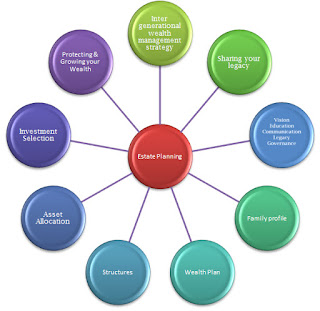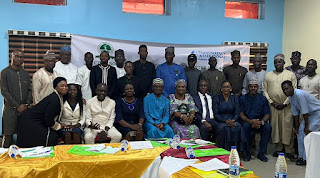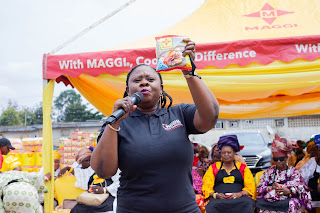Number Of Registered Births In Nigeria Reaches 29m
BY CHIOMA UMEHA
Lagos – A birth registration programme implemented
by the National Population Commission (NPopC), with support from UNICEF, has
increased the number of children between the ages of zero and 17 years
registered in Nigeria by about 29 million.
According to the evaluation report launched today,
for children under one year of age, the programme increased by more than 100
per cent the number of children registered -
from 3 million in 2012 to 11 million in 2016.
“Low rates of birth registration are a challenge in
Nigeria,” said Mohamed Fall, UNICEF Representative in Nigeria.
“In 2011, the birth registration rate was 41
percent, which means that three in every five children were not registered.
This lack of birth registration negatively affects a child’s ability to access
his or her right to health care, education and many other rights.”
It was in this context that the programme was
initiated to accelerate birth registration rates – particularly for children
under the age of five, between 2012 and 2016.
The programme made significant improvements in
strengthening the birth registration system in Nigeria. At the level of
infrastructure, the numbers of NPopC Registrars/Centres increased to nearly
4000 in 2016 from about 3,000 in 2012, helping to achieve a harmonised, an accessible and efficient birth registration system, which now functions as an integral part of civil registration and vital statistics (CRVS) in Nigeria.
The programme’s use of ICT tools for birth
registration introduced target-driven performance in all of the 774 Local
Government Areas (LGAs) in Nigeria. The LGAs now have specified targets, reports
and performance ranking.
Some key benefits of the programme are: fully
sustained partnership and convergence with health interventions; innovative use
of ICT tools and applications; and a strong link with the national CRVS
Strategic Plan (2018-22).
The report asked NPopC, as a primary service
provider, to take “greater ownership and a proactive approach” on registration
of newborn children and all other children who are still unregistered. NPopC is
advised to prioritize digitization, advocacy, and lobbying for more funds to
effectively implement the Strategic CRVS Plan (2018-2022).
Birth registration remains pivotal to a child
wellbeing in Nigeria, Overall survey results, as part of the evaluation,
indicate that nearly half of the survey respondents perceived that an increase
in birth, registration can help reduce child rights violations.




Comments
Post a Comment